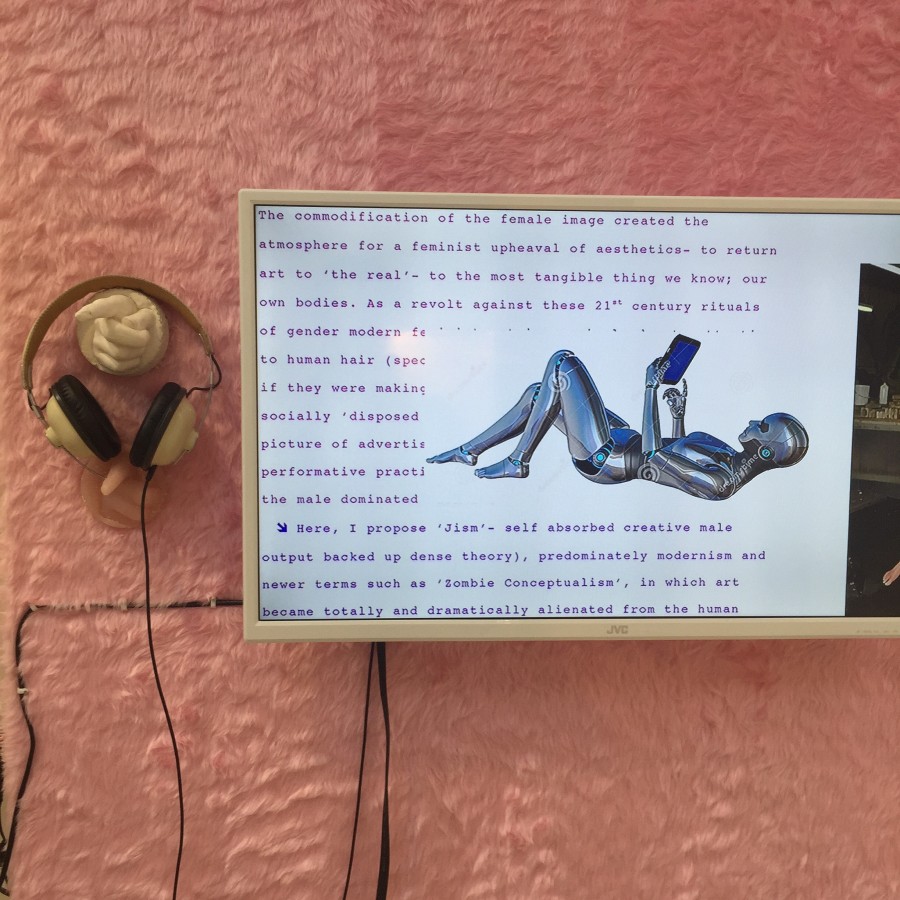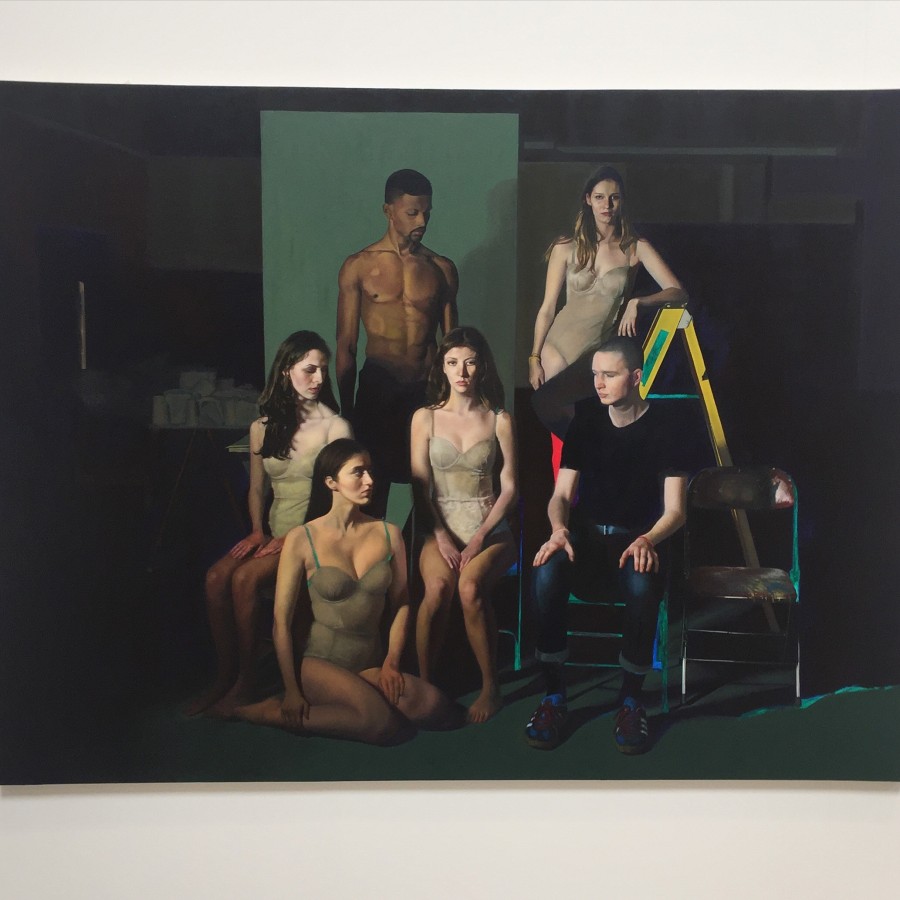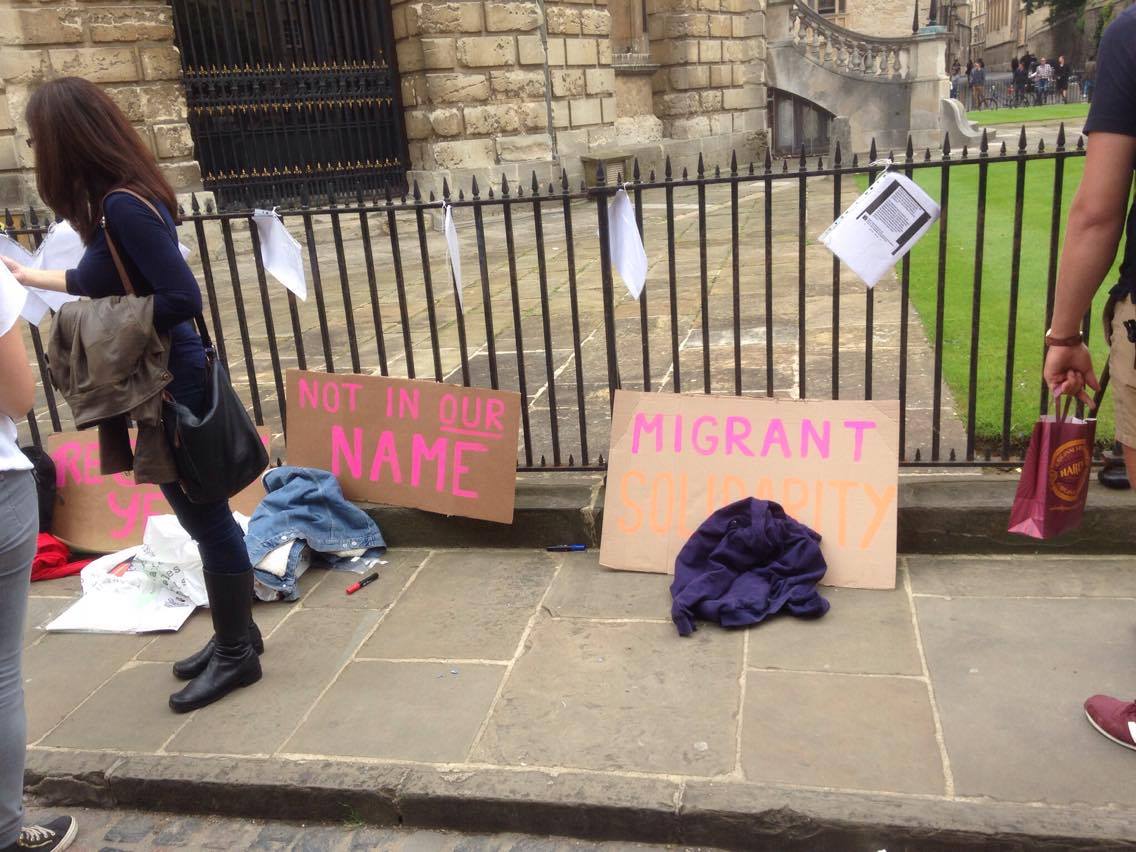Wimbledon, as the epitome of middle class summer revelling, may scare off students. Who wants to spend their entire student loan for the privilege to experience what they would from the comfort of their own living rooms but with the added risk of sunburn? However, having just been to the land of green lawns and white skirts for the first time, there are certainly some ways in which students can make the most of Wimbledon on a budget.
The Queue
The most cost efficient way to get tickets into Wimbledon is by queuing up in the early morning. Don’t be phased by the reports of people camping out seemingly weeks in advance, if you can work against every teenage fibre in your body, arriving at 6am should see you able to get a ground pass at the very least. There is access to food stalls and, crucially, coffee and being assigned a queue number negates the need to be passive aggressive towards queue jumpers. The atmosphere fluctuates with the weather and clapping the sun when it comes out is indicative of the delirious tiredness of the crowd. Never fear though, napping is accepted, nay expected. In general, the queue has a great vibe and is enjoyable if your outlook, at least, is sunny.
Tickets
Once you get through the seemingly endless queue then you are faced with the decision of which ticket to buy and on 4 hours sleep this can be quite bewildering. A ground pass is £25 and this allows you to access all the courts except the top two. On a tight budget this is probably the best option as you can still watch Federer from Murray mound as long as you aren’t opposed to a few grass stains on your shorts. Also, seeing some of the less popular players in real life on the other courts gives you a much more personal experience with all the atmosphere still intact. There is also the added option of, if you can stomach it, another queue later in the afternoon to get resales of centre and first court tickets at £10 and £5 respectively, the proceeds of which are donated to charity.
Food
Food at Wimbledon on a budget is all about planning. If you are feeling frivolous you can dine at the champagne bar with buckets of shrimp or caviar but if you didn’t happen to take £200 cash then then this is my advice: swallow your pride and do as your mother always forced you to do, pack a lunch. Yes the micro-portion of fish and chips looks tempting but the £10 price tag leaves a bitter taste and, as you may be there for 9 or more hours, you could enter into your overdraft just by snacking. The staff are quite happy for you to bring food (although, from experience, bringing a butter knife to spread your hummus is more than frowned upon) so pack more than you think you will need and you’ll be set. At £2.50 the strawberries and cream are actually quite reasonably priced and, let’s be honest, if they’re not in your Snapchat story, did you even go to Wimbledon?
Drink
In terms of water, Wimbledon has been very accommodating to the needs of their clientele and has set up water fountains all over the site so bringing a water bottle is essential. I know what you’re really wondering about though, the Pimms. At £8.30 for a glass that is approximately 10 parts ice and fruit and 1 part Pimms, it might be best to say goodbye to the old clichés and avoid it. However, in these once in a lifetime situations, throwing caution to the wind and splashing out is maybe understandable. Alternatively, they do allow you to bring your own drinks, although there are some restrictions to avoid rowdiness as there is a fine line between getting merry on the mound and throwing up on Serena Williams.
Merchandise
It is easy in the cheerful, sporty atmosphere to get overwhelmed in the gift shops and come out with Wimbledon-branded everything and a full tennis kit insisting that you absolutely, positively will get in shape this year, but be savvy. There are several ways to get a memento without paying extortionate amounts for a tin of sweets (just because it has a logo on it). There is a stall selling used championship balls quite cheaply which is nice if you’re a player or the sentimental type. Also, if you’re feeling cheeky, the plastic cups that the beer is sold in have a logo on them and won’t be reused, I am reliably informed, so sticking a few in your bag doesn’t seem too rebellious.
Wimbledon continues until 10th July so if you’re in the area I would definitely recommend going along. Be thrifty but enjoy it, being woken from my post-queue nap on Murray Mound by light applause as Djokovic won another set was surreal but will surely be one of the highlights of my summer.





 One video installation which stood out in particular was Lu Williams’ Scum Channel — a video installation which combined a thought-provoking exploration on female representation within a tactfully kitsch setting. In deploying figures that were uncanny and almost unsettling, one couldn’t help but remain engrossed at the questioning of paradigms that are increasingly being challenged.
One video installation which stood out in particular was Lu Williams’ Scum Channel — a video installation which combined a thought-provoking exploration on female representation within a tactfully kitsch setting. In deploying figures that were uncanny and almost unsettling, one couldn’t help but remain engrossed at the questioning of paradigms that are increasingly being challenged.
 There is a pro-EU protest planned on Tuesday evening to which 1,400 have pledged their attendance on Facebook. The event, previously called Oxford Stays has changed its name to ‘Stand Together: Oxford Event’. The event will fall at the same time as ‘Stand Together’ events in London, Manchester, Cardiff, Exeter and Cambridge. According to the Facebook event descriptions “We feel that continued public engagement following the result is also a part of the democratic approach. We wanted to create a public space to begin that dialogue.”
There is a pro-EU protest planned on Tuesday evening to which 1,400 have pledged their attendance on Facebook. The event, previously called Oxford Stays has changed its name to ‘Stand Together: Oxford Event’. The event will fall at the same time as ‘Stand Together’ events in London, Manchester, Cardiff, Exeter and Cambridge. According to the Facebook event descriptions “We feel that continued public engagement following the result is also a part of the democratic approach. We wanted to create a public space to begin that dialogue.”